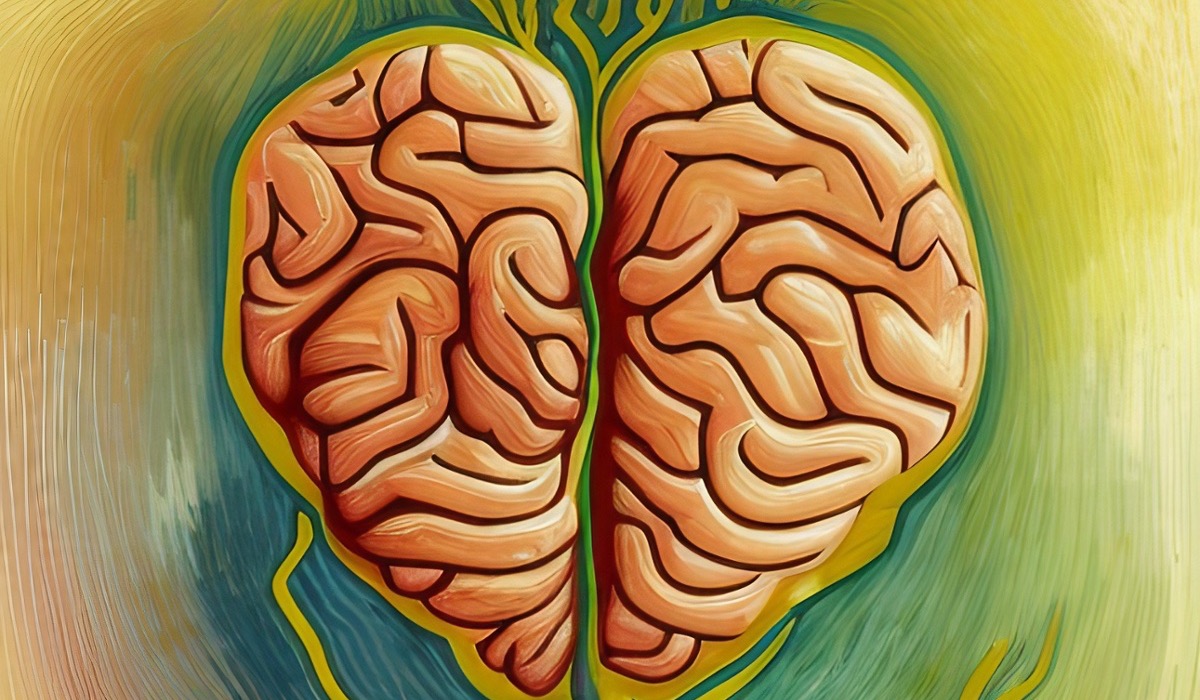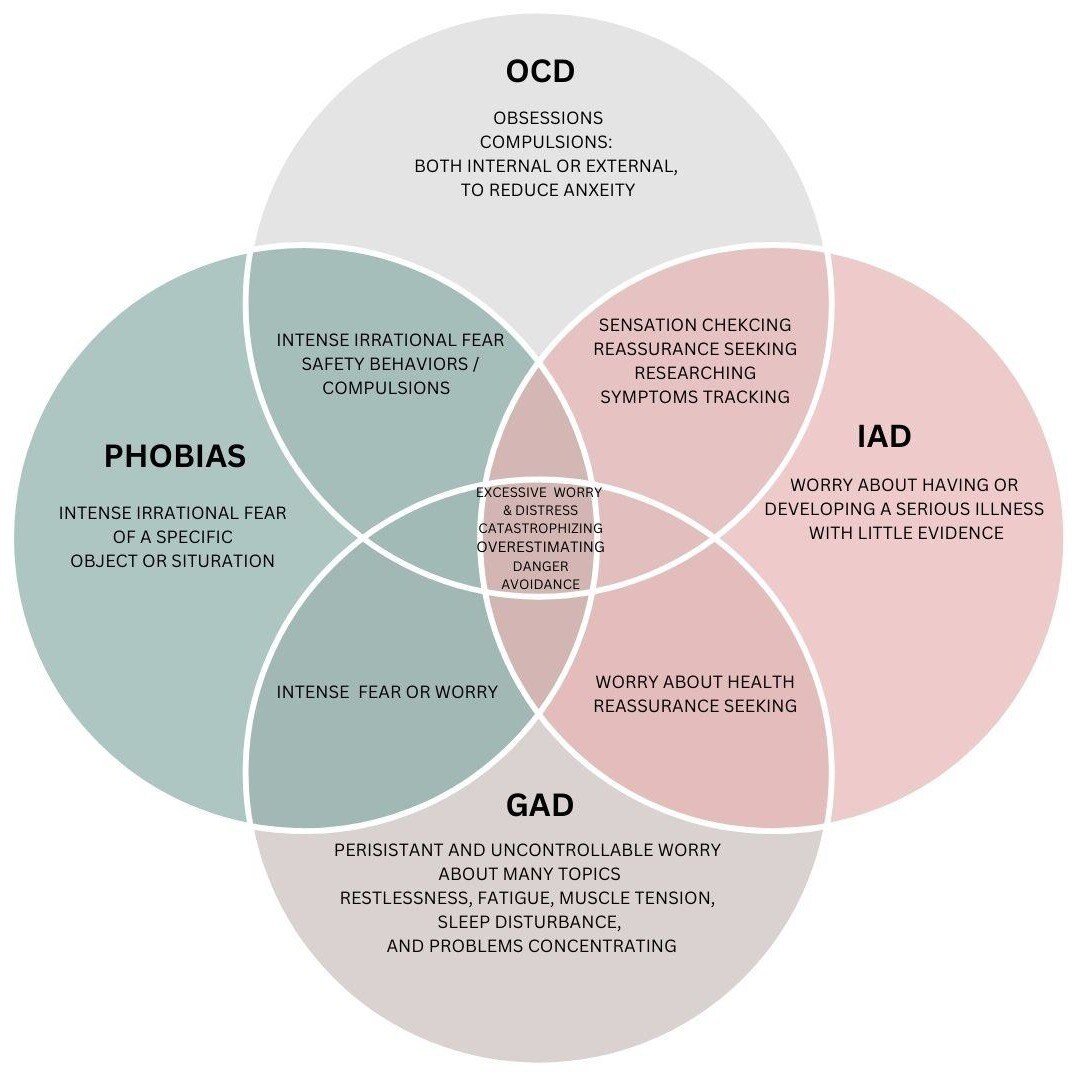Differentiating OCD and Anxiety Disorders
For therapists, grasping the nuanced distinctions between OCD and other anxiety disorders is vital for accurate diagnosis, leading to the most...

As I delve into the world of Neurodiversity - Affirming Therapy, I find myself questioning my personal approach to this theory. Am I truly a Neurodiversity - Affirming Therapist? There, I said it - it feels liberating. There is something cumbersome about the theory, like I am cutting off my legs yet trying to walk.
This is a familiar response for me whenever I encounter a new theory. How can I integrate it into my practice? I never fully commit to any one belief; I always question and ultimately arrive at what resonates with my experience and training.
Growing up, my father used to say that the printing press was the greatest invention because it empowered us to think and learn independently. Perhaps it's in my nature to be curious and constantly question and seek understanding.
Our profession often leans towards absolutes and rigid thinking, as if we hold the moral compass of the world. This ethical perspective is an important part of what we do but not all of it. As if there is one way to create a meal, which we all know there are many ways to create a meal and many ways to do therapy.
However, it is essential to truly understand and appreciate the uniqueness of every individual and acknowledge our shared humanity. Mindlessly adhering to rigid beliefs without engaging in critical thinking can hinder our ability to effectively assist those we aim to support. While Neurodiversity-Affirming Therapy may advocate against diagnosing or providing solutions/skills, as it can perpetuate ableist language, there are many instances where adhering to this idea without careful consideration could potentially harm our clients. Striking a balance between creating a safe and open space for our clients while also offering assistance is paramount.
I firmly believe that people are not fragile. In my experience, most of my clients desire an open and honest discussion. They seek guidance and support, hoping to find the missing pieces of their personal playbook. However, it is important to note that my goal is not to make them conform to neurotypical standards, as they often assume that is the solution. On the contrary, I challenge this notion and propose the idea of accepting oneself as a starting point. Instead of striving to be like everyone else, what if we embraced and celebrated our individuality? As I write this, I realize that this concept is so profound that it could fill an entire library.
Cultivating complete honesty is a powerful tool that builds trust. So, instead of solely focusing on being neurodiversity affirming, which entails honoring differences, I also incorporate the knowledge and expertise I've gained through years of learning form clients, in training, and through my own work.
For instance, let's consider a scenario where a client initially seeks help for their OCD symptoms but later discovers through therapy that they have ASD. In this case, it may be beneficial to refer them for a formal diagnosis. This process not only fosters acceptance but also provides a deeper understanding of their unique neurology. Once we have identified their neurodivergent traits, we can then address their OCD using Exposure and Response Prevention (ERP) therapy. However, it is important to modify the treatment plan by excluding any stimming behaviors that are calming for the client. Additionally, we should explore how stress from sensory overload contributes to their OCD symptoms. By taking into account the energy demands of ERP and considering a Neurodivergent Informed Therapy approach, we can adapt our methods to suit the individual's needs.
I am committed to providing help and support to those who are suffering, regardless of whether it aligns with the principles of Neurodiversity Affirming Therapy. I believe that it is not my place to decide what help someone should receive; instead, I empower my clients to make their own decisions. Numerous evidence-based practices exist, and my role is simply to educate my clients on what is out there and the evidence based treatments that already exist. I have dedicated 18 years to studying and learning about mental health. The countless hours have allowed me to develop a deep understanding and expertise in this area.
I provide the necessary information and support, allowing my clients to choose the path that resonates with them. Over the years, witnessing the pain and struggles of others has profoundly impacted me, leading me to prioritize their well-being above any theory or ideology. I am dedicated to helping others before conforming to any particular theory.
As therapists, it is essential that we engage in introspection, continuously questioning our methods, and always putting the long term best interests of our clients first. This mindset fosters adaptability and a willingness to embrace change, which is crucial for effectively supporting those in our office. Even if our clients may feel uneasy or have different preferences for treatment, our commitment to providing unwavering support remains unwavering. The inherent therapeutic nature of our work, stems not from overthinking or being guided by our own personal traumas, but rather from the continual process of attunement with our clients.
At times, it may be necessary to perceive differences through the lens of diagnosis. However, it is important to recognize that the problem does not lie in the diagnosis itself, but rather in the judgment and biases of therapists and individuals surrounding it. Within this diagnosis system, there are tools that can benefit everyone, and it is my responsibility to skillfully integrate them - incorporating Neurodiversity AffirmingTherapy practices, diagnoses, protocols, and any other resources that can be useful to my clients.
I firmly believe in the power of practicality over a rigid and inflexible system. I see therapy as a blend of different approaches, combining both traditional and newer methods. The tools I choose to use are based on the struggles I witness in my office, without any judgment or bias. My purpose is to assist and support, and every tool I employ is one that I have personally experienced and use. It's crucial to acknowledge that the limits we set for our clients are often influenced by our own past experiences and traumas, so we must approach therapy with an open mind and be willing to explore whatever methods prove helpful.
If you find yourself getting angry, consumed on a particular subject, I highly recommend seeking guidance from your own therapist to help you work through it. Personally, this is something I have consistently done, and it has truly made a world of difference in my own growth and understanding of myself and others.
In conclusion, let us embrace the richness and diversity of each individual's experience. Not just the individuals that share our own thinking. By transcending rigid thinking and approaching therapy with an open mind, we can truly make a positive impact in the lives of those we seek to help.

For therapists, grasping the nuanced distinctions between OCD and other anxiety disorders is vital for accurate diagnosis, leading to the most...

In the world of mental health, the roles of Licensed Professional Counselors (LPCs) and Licensed Clinical Social Workers (LCSWs) are not just...

In the hushed confines of therapy rooms, where whispered truths echo and one's inner world unfolds, therapists often find themselves facing an...